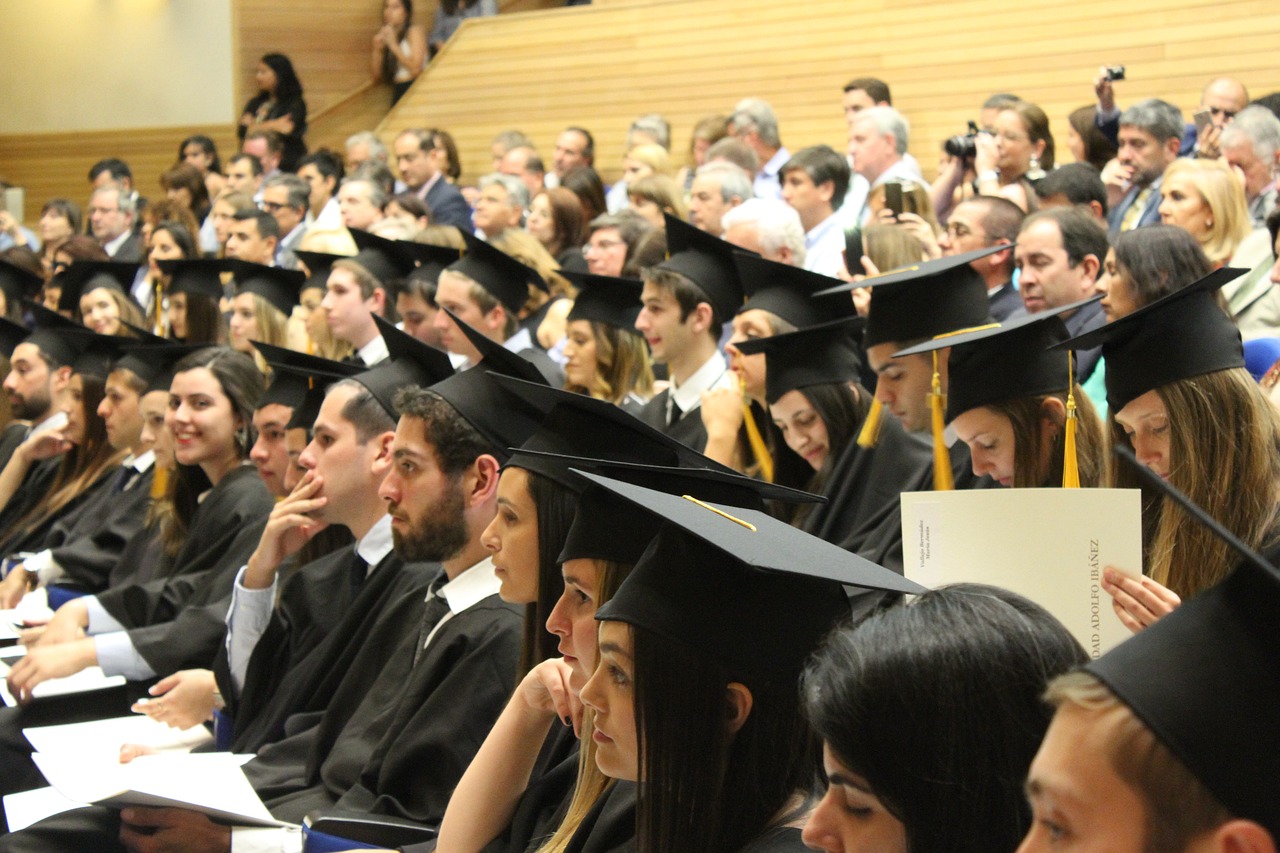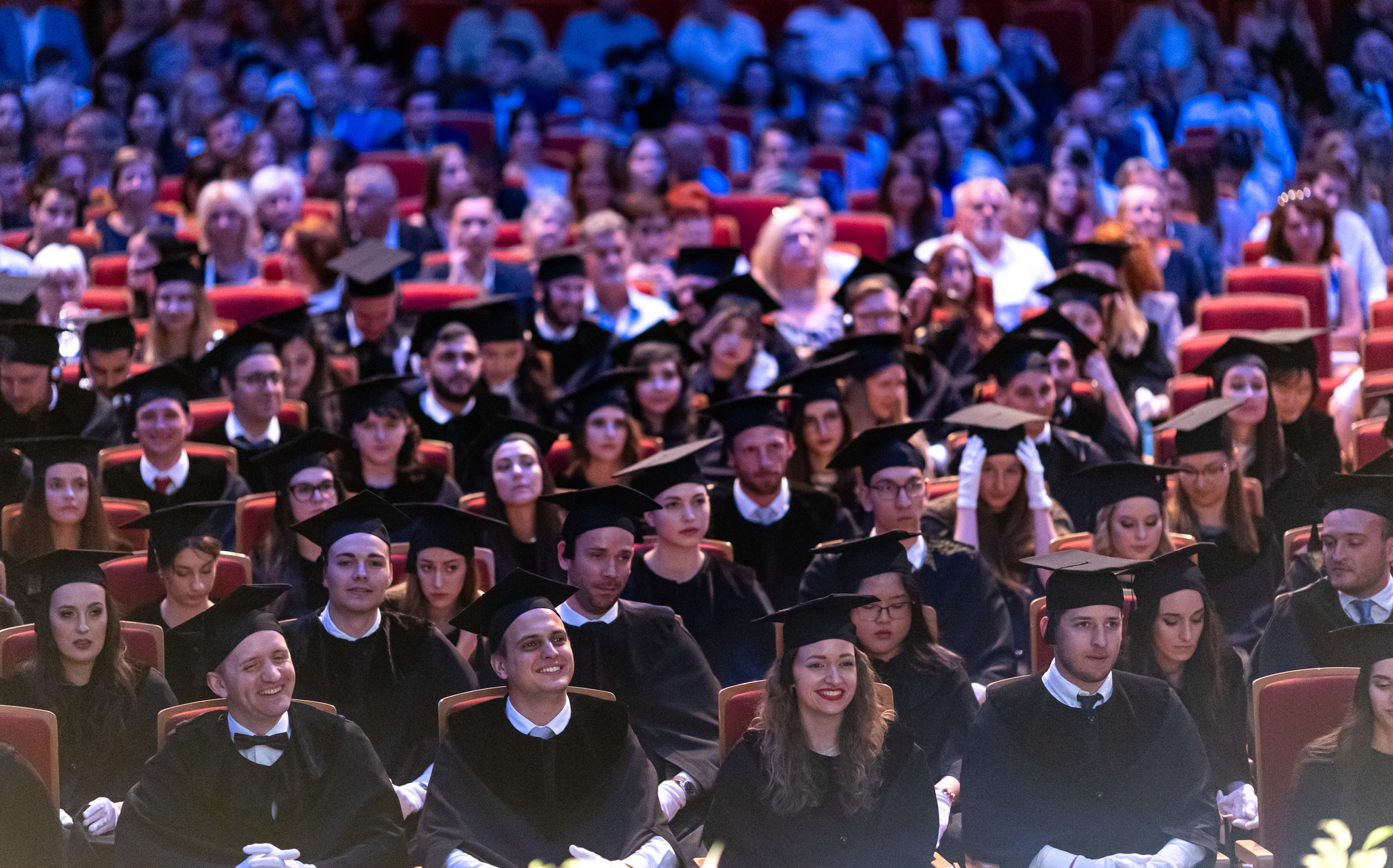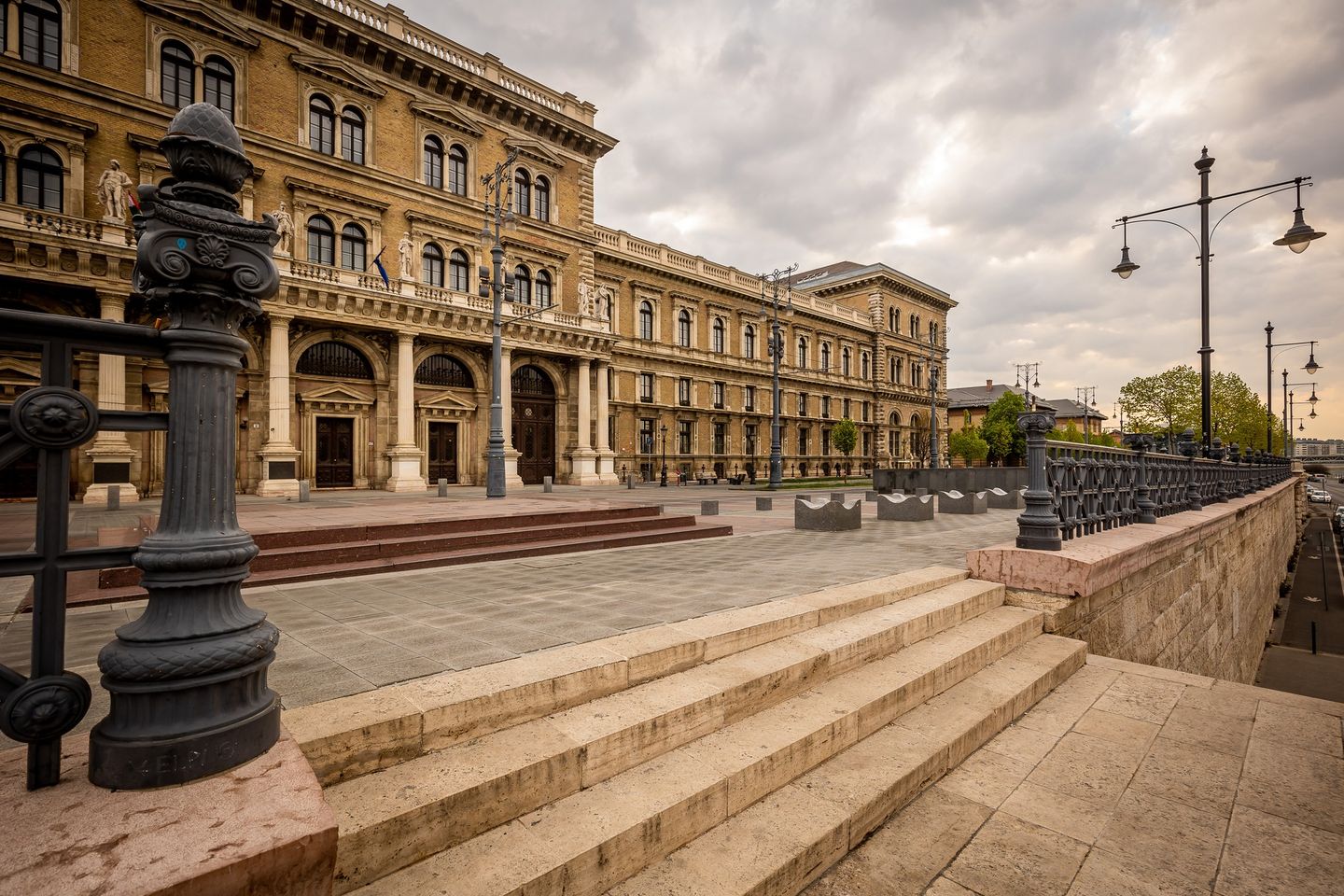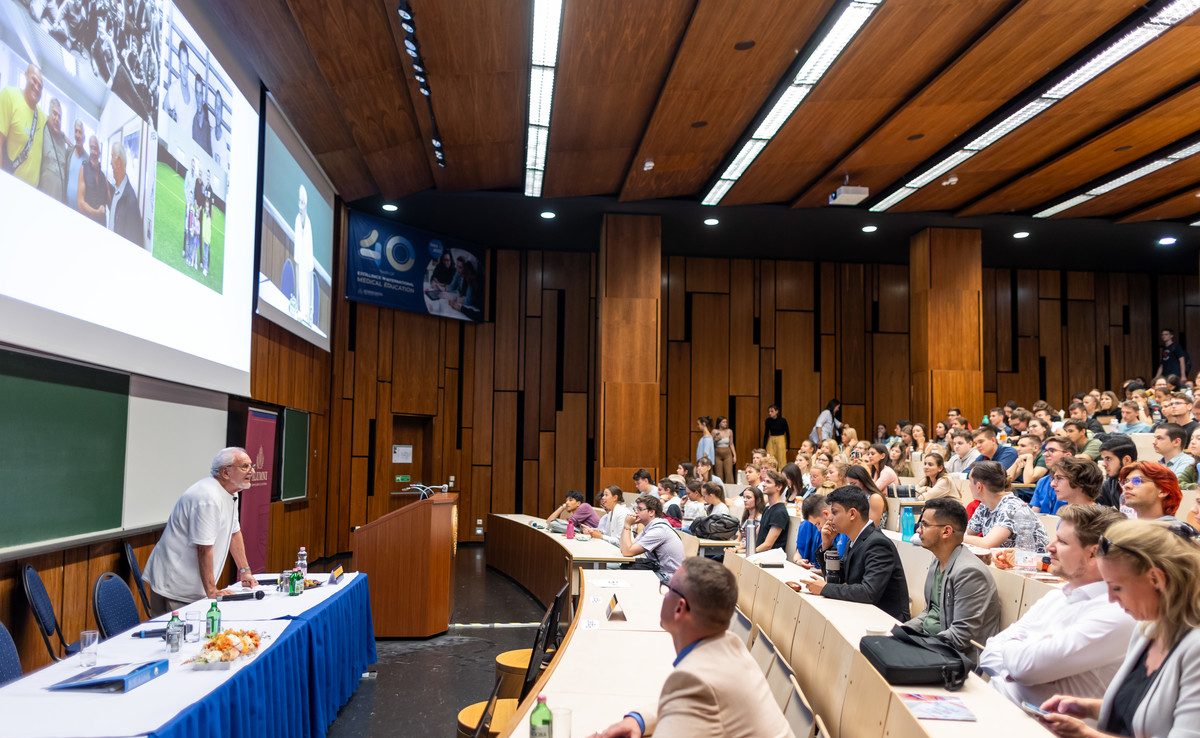
Minister Tibor Navracsics is confident that the controversial issues around the Erasmus program will be clarified soon.Continue reading

The academic year has started in higher education in Hungary, and the conditions for participation in the Erasmus+ and Horizon Europe education and research programs are still assured. As things stand now, as of next summer, the domestic model-switching universities would be excluded, and the debate between the European Commission and the Hungarian government is already having an impact on everyone.
News portal, Világgazdaság has conducted a survey with Hungarian higher education institutions on EU education, research, and science programs. Universities are looking for all possible forms of cooperation with European partners until the agreement between the European Commission and the Hungarian government is reached.
An important difference between universities is that 21 of them are so-called model changers, thus they were excluded from the Erasmus+ and Horizon Europe programs by the Council of Europe’s decision last December.
As was said at a conference of Mathias Corvinus Collegium and EuroAtlantic Zrt. on Wednesday,
the dispute is not only damaging financially, but also reputationally, as not all universities follow the progress of negotiations from minute to minute,
and European partner institutions are now looking askance not only at the model-changing universities, but at all Hungarian universities.
It is also relevant that not only the model-changing universities, but also the Hungarian government has repeatedly stated that the 2023-2024 academic year is not affected by the debate, and the funding for this period is guaranteed. The question is “only” whether this will be the case from next summer.
On Wednesday, Tibor Navracsics, Minister for Regional Development, who is also responsible for the use of EU funds, said that:
During the latest talks in Brussels, he and Johannes Hahn, the commissioner for the budget, agreed to step up the negotiations,
because, counting backwards from the EU’s business plan, an agreement should be reached by the end of November to ensure continuity and funding for projects from summer 2024.
So for now, there is only hope for agreement as the academic year begins – but the universities are keen to ensure their continued participation in European (exchange) student and academic life, while hoping for the future.

Corvinus University. Photo via Facebook/Budapesti Corvinus Egyetem
For example, Corvinus University of Budapest, setting a new record for admissions this year, has probably summed up everyone’s wishes, hoping that the negotiations between the government and the EU will soon reach a satisfactory conclusion for the development of students and teachers.
The Budapest University of Economics and Business and the University of Óbuda are cautiously optimistic, while Semmelweis University pointed out that many projects are already underway and will not be affected by the debate: “The implementation of the already awarded proposals and related projects that have been launched is assured, the related contracts have been signed, and their funding is ongoing (…) until the end of July 2024.”
They added that
in the academic year 2023-2024, the Erasmus program will provide opportunities for more than 200 students and teachers at the institution, a similar number as in previous years.

Photo via Facebook/Semmelweis Egyetem
The University of Óbuda added to this perspective by reporting on information from its “inner circles:” “We have won several successful EU grants in the past year and we are confident that the controversial issues raised by the EU regarding the Erasmus and Horizon program packages will be resolved and that next year we will be able to participate in the programs as direct beneficiaries, as we have done so far.
In the case of Erasmus, Óbuda University received a direct verbal promise from its Brussels colleagues at the beginning of June.”
The University of Pécs, one of the largest institutions in the province, reported that it has an Erasmus Charter document until 2027, a prerequisite for institutional applications.
In addition to the University of Pécs, Semmelweis University also referred to bilateral cooperation, indicating that such cooperation is mainly taking place in countries outside Europe (e.g. USA, Japan, South Korea). The Eötvös Loránd University, not a model-changing institution, also mentioned such cooperation, therefore free from restrictions and free to plan for the future.
Via Világgazdaság, Featured image via Facebook/Semmelweis Egyetem